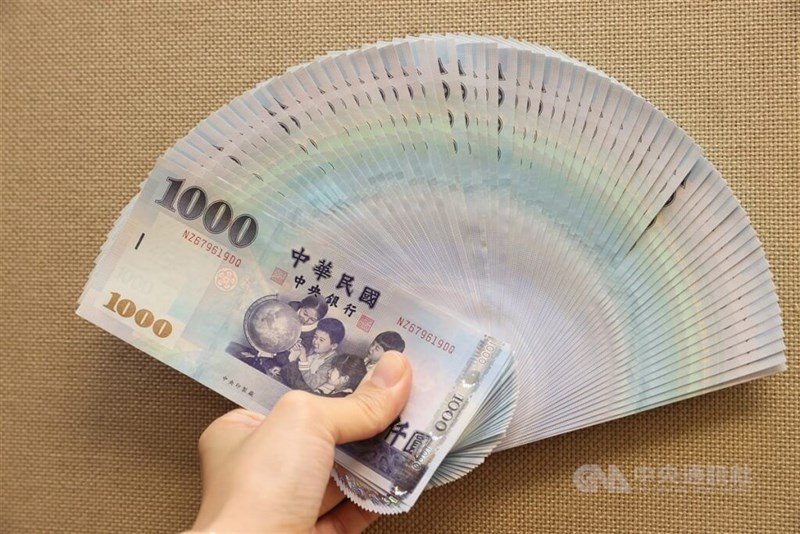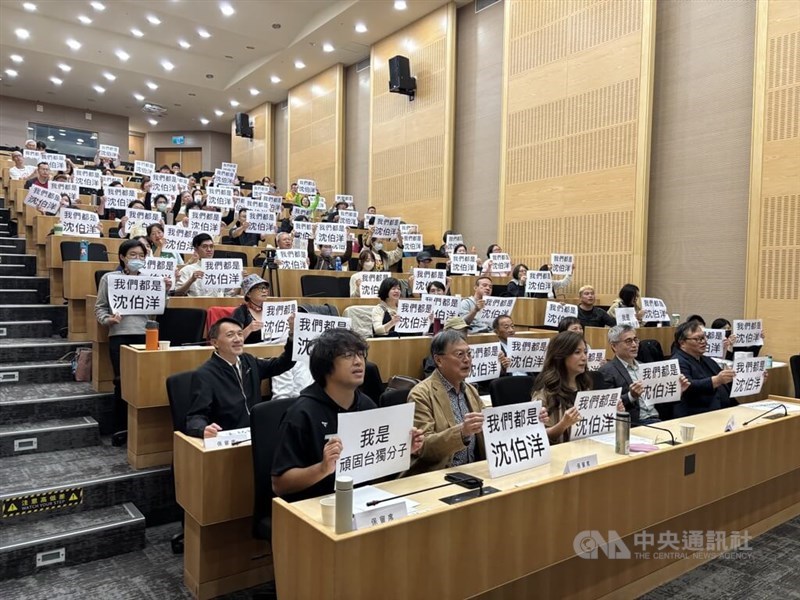Taiwan's growing wealth gap fuels populism, threatens DPP rule: Scholar

Taipei, Nov. 2 (CNA) The success of the semiconductor industry will widen Taiwan's wealth gap, creating a comparatively poorer segment of the population that is ripe for populism and against the ruling Democratic Progressive Party (DPP), an Academia Sinica scholar said Saturday.
Wu Jieh-min (吳介民), a distinguished research fellow at the academy's Institute of Sociology, told a conference organized by the Koo Kwang-ming Foundation that he generally views the development of Taiwan's semiconductor industry in positive terms.
He warned, however, that the better Taiwan Semiconductor Manufacturing Co. (TSMC) and the chip sector performs, the more there will be a "relatively poorer" group of people who "hate" the DPP, who will become a "hotbed" for populism and provocateurs.
"Voters want to oppose China ... but they need to have their basic needs met," Wu said, adding that the DPP needs to make up its mind to address the wealth gap, or it will lose the 2028 national elections.
In more specific terms, Wu challenged his audience to consider why, if TSMC and its peers are performing so well, Taiwan's science parks are nevertheless "full of engineers who hate the DPP and support the Taiwan People's Party."
Wu's warning contrasted with the largely positive tone of his speech, in which he praised the government for shifting Taiwan's economy away from China and toward the U.S., Japan and Europe.
Geopolitically, the country has also moved from the periphery to the "core" of the so-called Global North, he said.
Wu downplayed the security risks of TSMC building more factories in the U.S., saying the most important thing is to keep the company's R&D headquarters in Hsinchu and pursue a global layout that benefits Taiwan.
Increasing TSMC's overseas chip production will also bring other advantages, such as easing the pressure on Taiwan's environment, power and water supply, and giving Taiwan its first multinational corporation, he said.
The conference, on the subject of "passing the generational baton and reassembling civic force," was also attended by DPP lawmakers Puma Shen (沈伯洋) and Fan Yun (范雲), and Taiwan Economic Democracy Union convener Lai Chung-chiang (賴中強).
According to the 2024 report by the Directorate General of Budget, Accounting and Statistics (DGBAS), the difference in net wealth between the wealthiest and least wealthy 20 percent of Taiwanese households has risen four-fold over the past 30 years.
Specifically, the richest 20 percent of households in Taiwan held 66.9 times more wealth than the bottom 20 percent as of the end of 2021, up four-fold from 16.8 times in 1991, the last time such a report was released, the DGBAS said.

-
Society
Highs of 25-30°C and sun forecast for Taiwan Sunday
02/21/2026 07:22 PM -
Science & Tech
Taiwanese experts see model for 'sovereign AI' development in India
02/21/2026 06:18 PM -
Society
Taiwan seeks to regain ASF-free status with WOAH
02/21/2026 05:29 PM -
Politics
After Trump tariff ruling, KMT calls to renegotiate U.S. trade deal
02/21/2026 04:04 PM -
Politics
Impact of Trump's 10% tariff on Taiwan 'limited': Executive Yuan
02/21/2026 03:51 PM